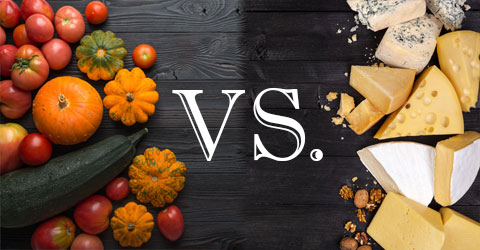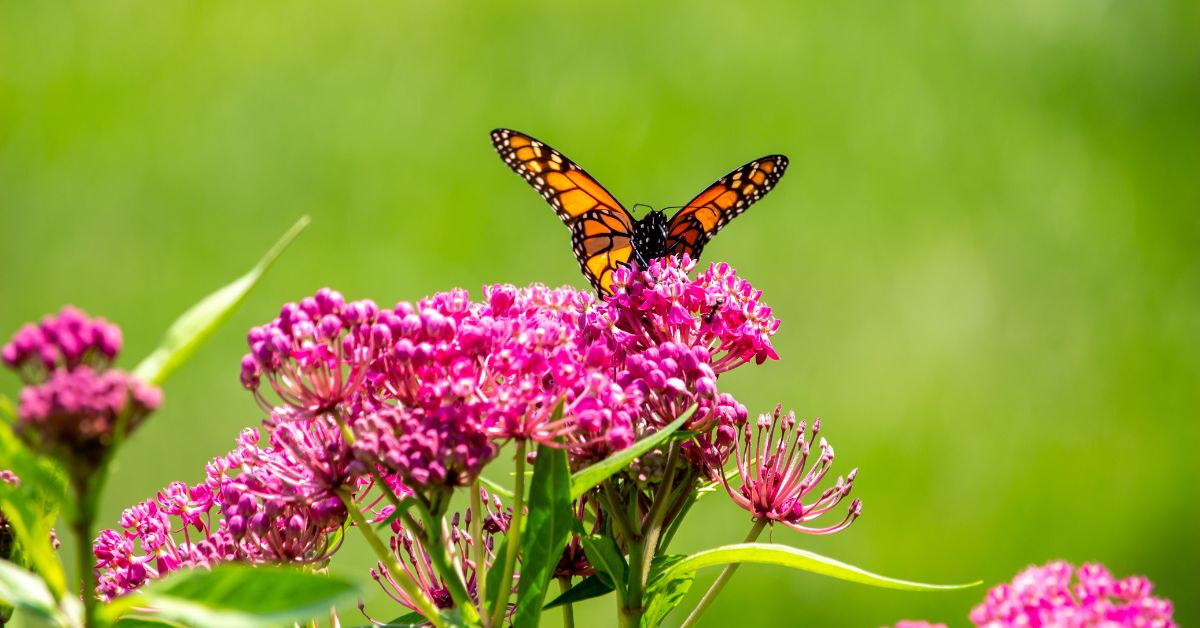

A reader asked if his kids would be even more, or “dangerously” thin if they didn’t eat lots of added oils and cheeses.
A: I have never heard of anyone starving to death while standing at a buffet line full of whole, plant-based foods. It would take an act of almost incomprehensible will. And I’ve never heard of an elephant or any other enormous herbivore in a zoo that had unlimited plant food, no illness, who just couldn’t keep on weight and died. The human body is pretty clever in that if you need calories to function your body will find a way to get them, unless of course you are in the grips of serious pathology such as a terminal illness (and even this lack of appetite can easily be argued to be a sign of innate wisdom of the human body). The trick is to make sure that enough calories are easily available, especially for kids who don’t control the food choice or supply in the house.
Whole plant foods are going to be higher volume of food per calorie, so it takes more effort and time to eat as many calories. For almost all Americans suffering with most common health problems, this is a blessing. For kids who are thinner than average and who may be way too preoccupied with playing to stop and eat for more than 1 minute, this may lead to fewer calories consumed. In many cases this may be fine and they will eat more and catch up later (something to consider with each case and your doctor), but can nonetheless cause anxiety. And some people just are going to be more thin no matter what they eat and that’s OK!
Focus on healthful, efficient, energy rich plant foods, like whole grains, starches, some nuts and avocado for those who may give you concerns about weight. And make sure there is always lots of healthy food and snacks around. One packet of baby carrots and nothing else in the house fails. Those kids who may be hungry but can’t find food are essentially on a forced diet, which can be a terrible thing. And keep in mind this discussion does not apply to infants or babies or kids that carry the diagnosis of “failure to thrive”. These situations really need to be discussed with your doctor.
I don’t know if this helps. This is not medical advice. Weight problems should be discussed with your family doctor. Does anyone else have any thoughts? What do you do with your kids?
Copyright 2025 Center for Nutrition Studies. All rights reserved.
Deepen Your Knowledge With Our
Plant-Based Nutrition
Certificate
Plant-Based Nutrition Certificate
- 23,000+ students
- 100% online, learn at your own pace
- No prerequisites
- Continuing education credits











